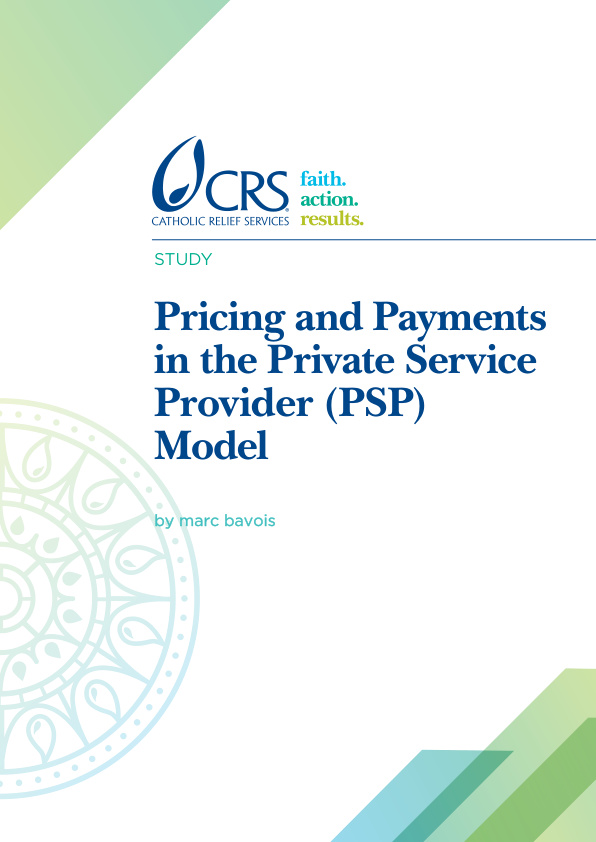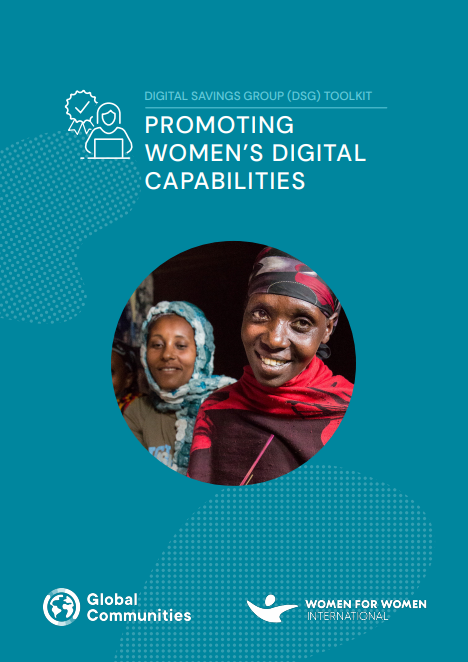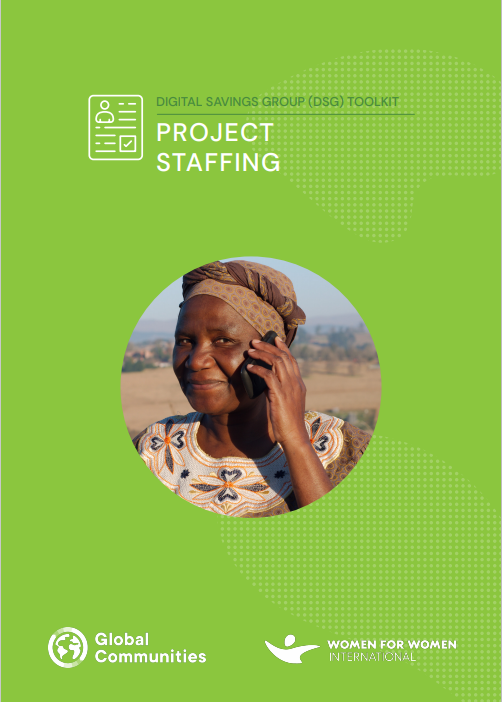This resource presents findings from Catholic Relief Services’ (CRS) Expanding Financial Inclusion in Africa (EFI) project, which tested the Private Service Provider (PSP) fee-for-service model across Burkina Faso, Senegal, Uganda, and Zambia. The study explores how different pricing strategies and training approaches affect affordability, sustainability, and poverty outreach in savings group programming.
CRS compared two fee structures—flat fees and proportional fees—and two training packages: the standard approach and a newly developed Pro-Poor Package (PPP). The research found that:
- PSP fees were widely considered affordable, with 93% of group members reporting satisfaction.
- Proportional pricing allowed PSPs to earn more while maintaining outreach to poorer communities.
- The Pro-Poor Package helped PSPs moderate fees, resulting in lower payment-to-savings ratios for low-income members.
- Flat fees were easier to implement but limited PSP income potential, especially in wealth-diverse communities.
The study also highlights the importance of transitioning from monthly to per-service payments in later group cycles to reduce financial burden and promote group independence.
CRS recommends adopting proportional pricing alongside the Pro-Poor Package to balance income generation for PSPs with inclusive outreach. These findings offer practical guidance for organizations designing or scaling fee-for-service models in savings group programs.




